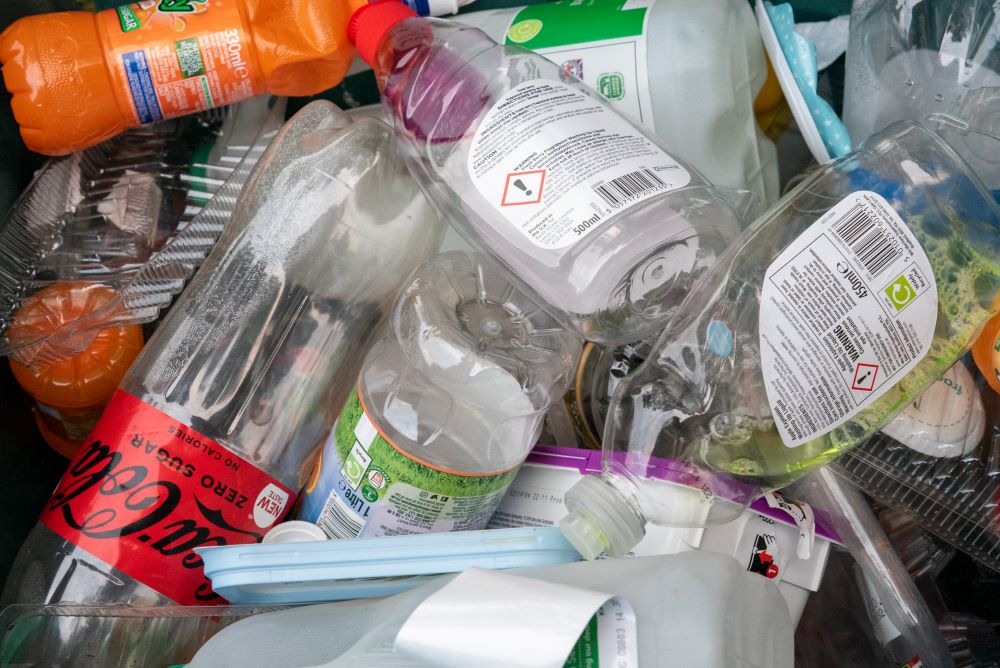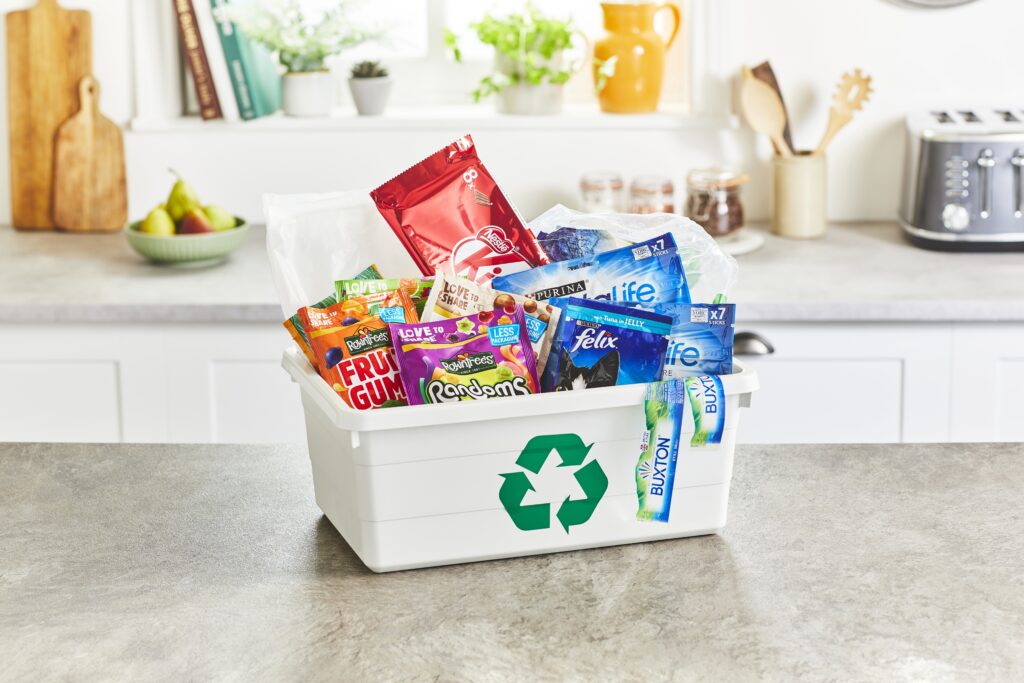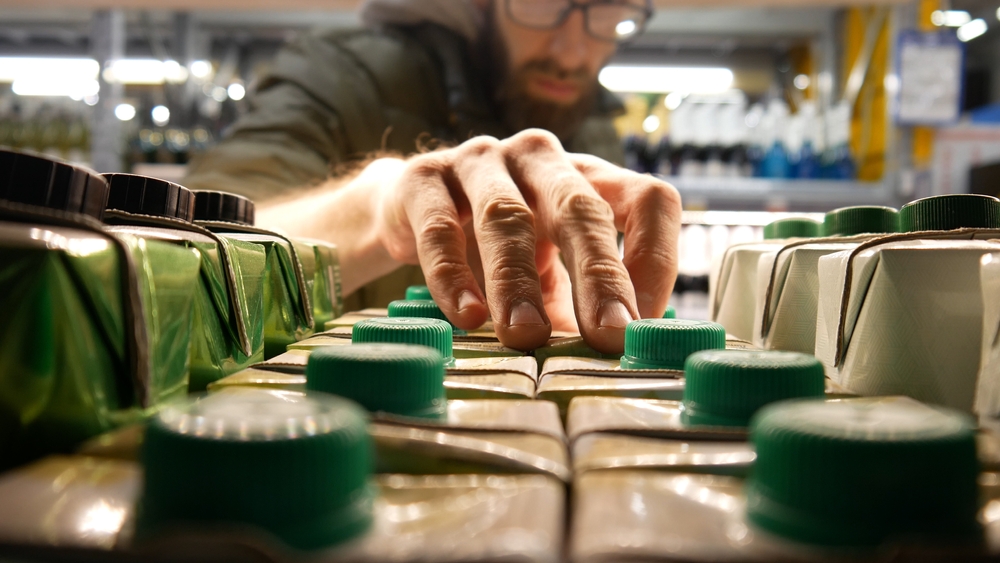The amendments, proposed by Dutch MEP Dorette Corbey, aim to raise the packaging waste recovery targets that EU Member States must reach. The proposals have also sought to move the deadline for the targets from 2006 to 2008.
A meeting of the Commission will take place on March 27 to prepare the groundwork for the Environment Committee to look at the proposed revisions to the current EU packaging waste recovery regulations.
It is thought that a final European Parliament vote on the regulations will take place towards the end of June or early July 2003.
Currently, the European Council of Ministers and the European Parliament do not agree on a set of amended targets. The two sides are proposing the following targets:
| European Parliament position | Council of Ministers position | |
| Recovery | 60 – 75% | 60% |
| Recycling | 65% | 55 – 80% |
| Material specific Recycling: | ||
| Glass | 60% | 60% |
| Paper/Board | 55% | 60% |
| Metals | 50% | 50% |
| Plastics | 20% | 22.5% |
| Wood | 15% | 15% |
| Target date | 31 Dec 2006 | 31 Dec 2008 |
A communication document from the Council of Ministers, released last week, criticised the proposals of the European Parliament on a number of points, including their setting of a recovery minimum (60%) below that of the recycling minimum (65%).
The Council document said: “The European Parliament did not adopt any amendments on the proposed recovery target. Therefore, the minimum recycling target would be set at 65%, whereas the minimum recovery target would remain at 60% and the maximum recovery target at 75%. This would be inconsistent and might not leave enough room for Member States to set their own targets for recycling and recovery.”
The Council also decided to fix a maximum recycling target (80%) because of fears that setting no maximum would mean some EU Member States being unable to find a market for their recycled material.
“High recycling rates are often accompanied by a high degree of financing through, for example, licence fees, resulting in lower prices for secondary materials,” the document said.
“Where in another country the level of ambition is lower and less financing is provided, domestically collected secondary materials will be more expensive than imported material. If, in addition, recycling capacities are limited, it may be difficult for those countries with low ambitions to find a market for their own collected material.”










Subscribe for free